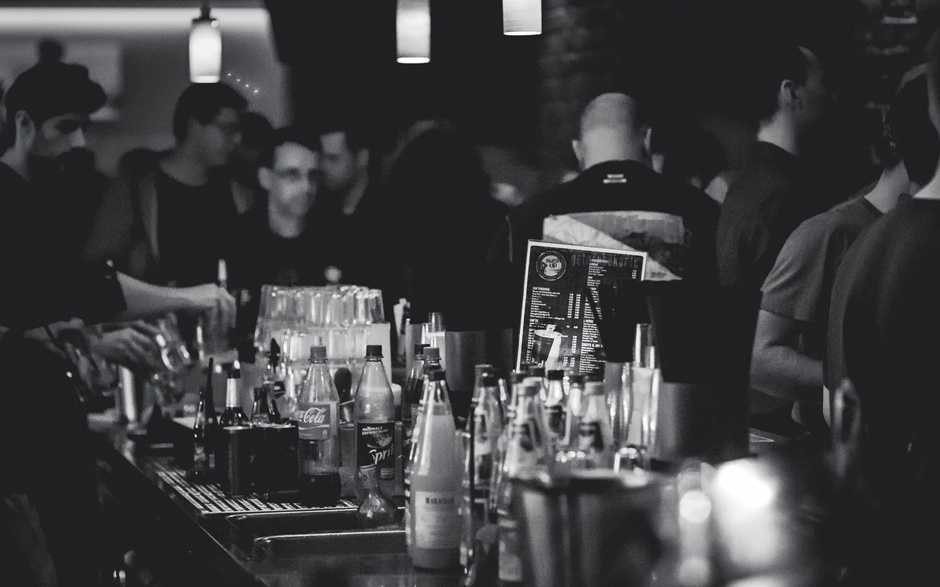Substance Safety

Owls Care strives to empower students to be healthy, responsible and successful. We believe in providing students with comprehensive information they can utilize to make safer decisions and minimize risks. This information can be useful for all students, regardless of personal substance-use, to be a caring owl and watch out for your friends. For more details about the services we offer students, click on the links and buttons below.
Here is some data from recent assessments collected here at Florida Atlantic. Data shows that most students here at Florida Atlantic are making responsible choices when it comes to substance use.
- 63.4% of FAU students have never used any form of tobacco or nicotine delivery products (National College Health Assessment III).
- 70% of FAU students have never had 5+ drinks in a 2 hour period (AlcoholEdu).
- 81.6% of FAU students have not used cannabis/marijuana in the past 30 days (Healthy Minds Study).
Online Programs
AlcoholEdu
As part of the university's alcohol education program, incoming first-year students and transfer students are required to complete an online, non-opinionated alcohol education module. AlcoholEdu for College uses science-based research to educate about alcohol and its effects. Whether you drink or not, the course will provide information to help you make informed decisions about alcohol as well as negotiate the drinking behavior of your peers. Remember, all information you provide is confidential.
Alcohol eCHECKUPTOGO
An interactive web survey that allows you to enter information about your drinking patterns and receive feedback about your use of alcohol. The assessment takes about 10 minutes to complete, is self-guided, and requires no face-to-face contact time with a counselor or administrator. Take it Here
Marijuana eCHECKUPTOGO
An interactive web survey that is a brief marijuana-specific assessment and feedback tool. It provides you with insight about your marijuana behavior and risk factors. The assessment takes about 10 minutes and is self-guided making it quick, confidential, and flexible to your schedule. Take it Here
Substance Safety Interactive Workshops
Alcohol affects college students in many ways-whether or not they choose to drink. This presentation empowers students to make healthy decisions regarding alcohol. During this presentation, students will:
- Examine the college drinking culture.
- Discuss the consequences of high-risk drinking.
- Learn safer drinking strategies and methods to monitor their BAC (Blood Alcohol Concentration) to reduce risk.
- Identify the signs of alcohol poisoning and how to help a friend in need.
In-depth education about drugs of abuse and how they can affect your health.
https://www.dea.gov/sites/default/files/2018-06/drug_of_abuse.pdf
Substance Safety Courses
The Choices about Alcohol is a discussion-based program that is there to engage students in self-reflective process where they independently choose to change high-risk alcohol use behaviors using information provided here about alcohol, the risks associated with excessive drinking and available alternative coping strategies.
Ready to stop using tobacco? Our office supports the efforts of our students to quit smoking. If you are interested in quitting, please visit the Everglades Area Health Education Center. They offer free 6-week smoking cessation courses that provide group support, coaching, and strategies to quit. The course also includes free nicotine replacement therapies for participants.
If you are interested in participating in a course or simply learning more about smoking cessation, please visit their website at www.eahectobacco.com or call 561-297-1048 for further information.
Substance Safety Resources for Students
Florida Atlantic offers many evening and weekend activities for students interested in healthy alternatives to alcohol and other drugs. For more information on alcohol-free events, please email wellness@fau.edu.
CAPS understands that undergraduate and graduate students are experiencing many stresses and demands that can tax their coping resources and impact their decisions about their use of alcohol and other substances. They may elect to see a clinician with specific expertise in the assessment of substance misuse, abuse and dependency.
Students may a variety of reasons for seeking help:
- Desire for assistance in moderating their use
- Concern about friends’ or family members’ use of alcohol or other drugs
- Referral from Owls Care Health Promotion, Student Health Services, or other medical or mental health providers
- Assistance in finding recovery resources and maintaining abstinence in the campus atmosphere
- Family request
The services that CAPS provide include the following:
- Comprehensive assessment
- Consultation
- Recommendation and referral to other agencies as indicated
- Prevention programming in collaboration with other campus partners
- Education about specific issues emerging from the assessment
- Structure and support for those trying to reduce their alcohol consumption
- Addressing the impact of alcohol and drug use on other physical or mental health diagnoses
- Short-term individual or group counseling
- Online Screenings
To schedule an appointment with FAU CAPS call 561-297-CAPS (2277) or visit their website for more information https://www.fau.edu/counseling/
The collegiate recovery community, a registered student organization at Florida Atlantic, is a community designed create an environment in which people in recovery and advocates of recovery can flourish academically, socially and emotionally. To get connected with the Collegiate Recovery Community (CRC):
- Complete the CRC interest Form: https://bit.ly/3eqJPrl
- Email: crcinfo@fau.edu
- facebook.com/groups/FAUCRC
- Owl Central: https://fau.campuslabs.com/engage/organization/collegiaterecoverycommunity